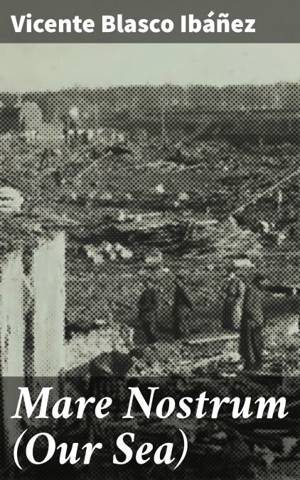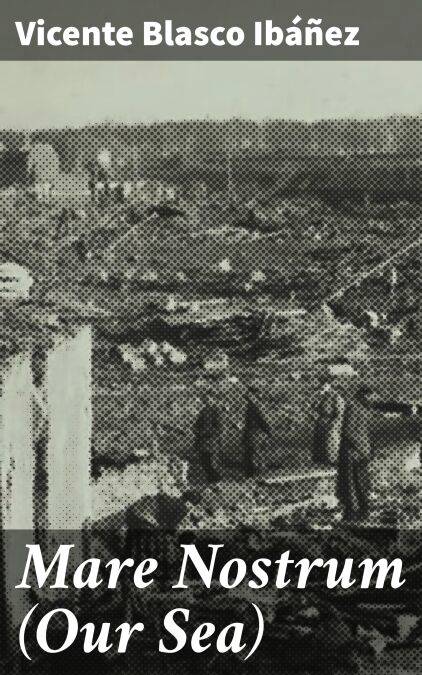
- Afhalen na 1 uur in een winkel met voorraad
- Gratis thuislevering in België vanaf € 30
- Ruim aanbod met 7 miljoen producten
- Afhalen na 1 uur in een winkel met voorraad
- Gratis thuislevering in België vanaf € 30
- Ruim aanbod met 7 miljoen producten
Zoeken
Omschrijving
Mare Nostrum (Our Sea) is a profound exploration of love, ambition, and the tumultuous relationship between humans and the Mediterranean Sea. Written in the early 20th century, Vicente Blasco Ibáñez employs vivid imagery and lyrical prose to depict the vibrant yet harsh realities of life in coastal Spain. The novel unfolds against the backdrop of historical events and societal changes, intricately weaving themes of imperialism, nationalism, and personal desire. With a narrative style that juxtaposes realism and romanticism, Ibáñez invites readers to immerse themselves in the visceral experience of his characters as they navigate the treacherous waters of both the sea and their own emotions. Vicente Blasco Ibáñez was not just a novelist but also a politician, journalist, and social activist deeply influenced by the political and cultural upheavals of his time. His personal experiences in coastal Valencia, along with his exposure to the struggles faced by the working class within a rapidly evolving society, informed the thematic depth of Mare Nostrum. Blasco Ibáñez's own passion for the sea, captivating landscapes, and the Mediterranean are palpable throughout the narrative, affirming his intimacy with the subject matter. I highly recommend Mare Nostrum to readers interested in rich, character-driven narratives that illuminate the human condition amidst broader historical contexts. This novel serves as an evocative reminder of the interconnectedness of love, land, and identity, resonating with contemporary searchers of meaning in a complex world.
Specificaties
Betrokkenen
- Auteur(s):
- Vertaler(s):
- Uitgeverij:
Inhoud
- Aantal bladzijden:
- 434
- Taal:
- Engels
Eigenschappen
- Productcode (EAN):
- 4057664571328
- Verschijningsdatum:
- 4/12/2019
- Uitvoering:
- E-book
- Beveiligd met:
- Digital watermarking
- Formaat:
- ePub

Alleen bij Standaard Boekhandel
Beoordelingen
We publiceren alleen reviews die voldoen aan de voorwaarden voor reviews. Bekijk onze voorwaarden voor reviews.







